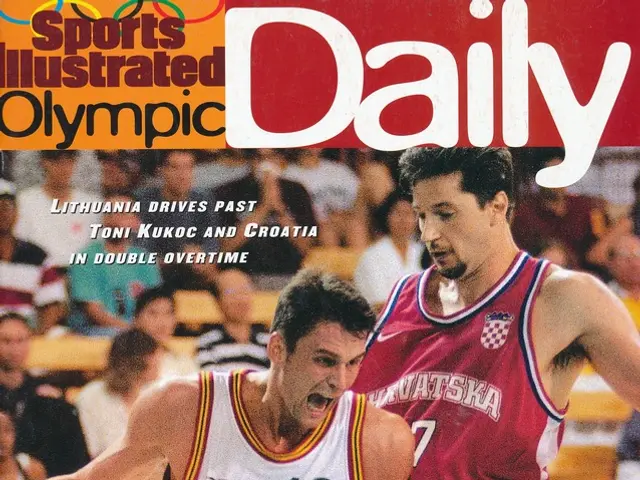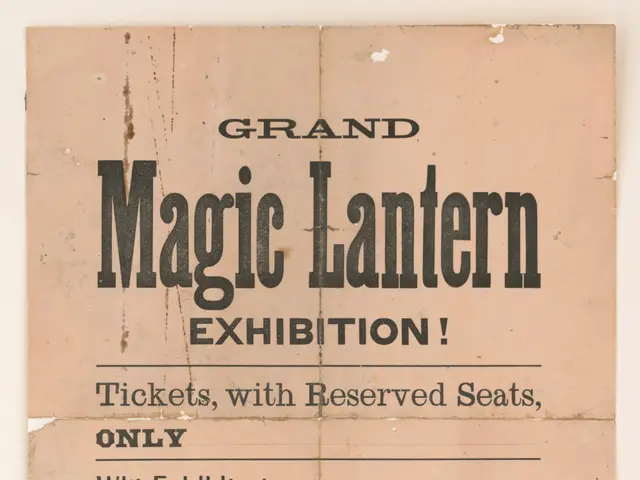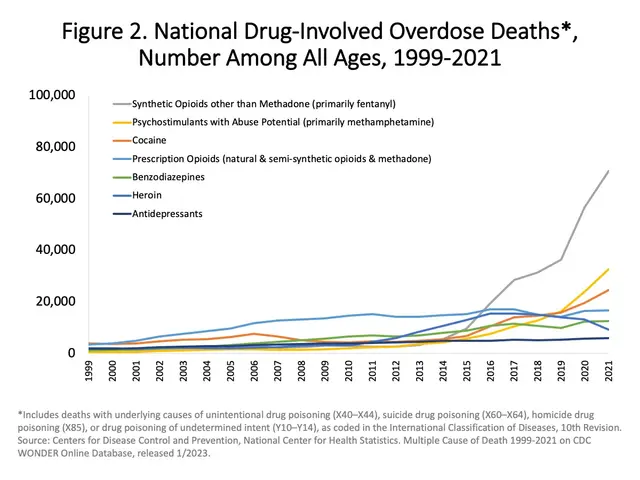Trainer in Nevada Faces Heavy Fine and Racing Ban for 15 Years Betraying Horses' Trust and Integrity in the Racetrack
United States - Nevada Horse Racing Controversy
The Nevada Gaming Control Board isn't messing around when it comes to doping horses in racing. Most recently, they fined horse trainer Ricardo Castillo a hefty $100,000 and took away his racing license for 15 years. This harsh punishment was handed down after four of his horses tested positive for methamphetamine at the Elko County Fairgrounds last year.
This isn't the first incident of its kind in Nevada—just a few months ago, the Nevada Gaming Commission revoked the license of another trainer, Alvaro Torres, and stopped him from applying for a new one for five years. His offense? His horse testing positive for cocaine last summer during a race at the Elko County Fairgrounds, for which he was fined $5,000.
Curiously, Castillo was a no-show at his hearing before the Board Wednesday, despite being provided a Zoom link. State Horse Racing Steward Doug Ray, who has been working in racing for more than three decades, called the violations unequaled in his career. He urged the Board to do more than the punishment the stewards could hand out.
"I've never seen such violations as I saw last summer with cocaine and methamphetamine found in horses," Ray said. "There's no place in horse racing for these kinds of illegal substances."
During his hearing in April, Ray questioned Castillo about how the drugs ended up in the horses, but he remained silent, only mentioning that he'd never been fined before. "This happened over different race days and different horses," Ray said. "It rules out any accidental cross contamination. It's pretty damning."
The four horses involved—Bnb Hasta La Luna, Famous Prizes, Dr. B, and Bnb Lightning McQueen—combined to win $17,700 in purses. They were all disqualified from winnings, but race officials have been unable to recover the purse paid to one horse's owner.
Board members expressed their disapproval of the dangerous and unethical practices that jeopardized the horses, jockeys, and betting integrity. Thankfully, none of the horses were injured in the races.
Board members also raised concerns about possible gaming industry manipulation due to low horse racing purses. State officials reported no irregular betting patterns, but they were encouraged by Board Chair Kirk Hendrick to monitor racing at Elko County Fairgrounds and in Ely in August.
Hendrick claimed Castillo was responsible for the violations, as methamphetamine, with a short half-life, would have had to be administered at the track. "This is a dangerous activity," Hendrick said. "It endangered the animals, riders, and other horses. It endangered those who want to wager on the races and believe Nevada is providing a fair and open competition."
According to Board member George Assad, the fine should have been much higher, with each violation deserving a $100,000 penalty. But Hendrick talked him out of such a high amount, citing the need for the trainer to be able to pay the fine since he resides outside of Nevada.
Despite concerns about the penalty being excessive, particularly since it essentially ended Castillo's career, the board members voted unanimously. "Thank God nobody got hurt or killed," Assad said as the hearing concluded. "This could have turned out differently, possibly resulting in second-degree murder or manslaughter."
It's evident that the Nevada Gaming Control Board takes the integrity of horse racing and animal welfare seriously. This zero-tolerance approach to doping serves as a warning to other trainers and highlights the board's commitment to fairness in the gaming industry.
Note: Methamphetamine and other illegal substances are strictly prohibited in horse racing due to their ability to enhance performance and compromise the sport's integrity. Heavier penalties are imposed on trainers found guilty of doping, ensuring a deterrent against such practices and protecting the sport from unsportsmanlike activity.
Horse racing, a popular sport in Nevada, has seen several controversies related to doping. Ricardo Castillo, a trainer, was fined $100,000 and had his racing license revoked for 15 years, after four of his horses tested positive for methamphetamine. In a similar case, Alvaro Torres, another trainer, was stopped from applying for a new license for five years due to his horse testing positive for cocaine in a race. These incidents underscore the importance of racing, particularly horse-racing, being free from illegal substances that can enhance performance and compromise the sport's integrity.







